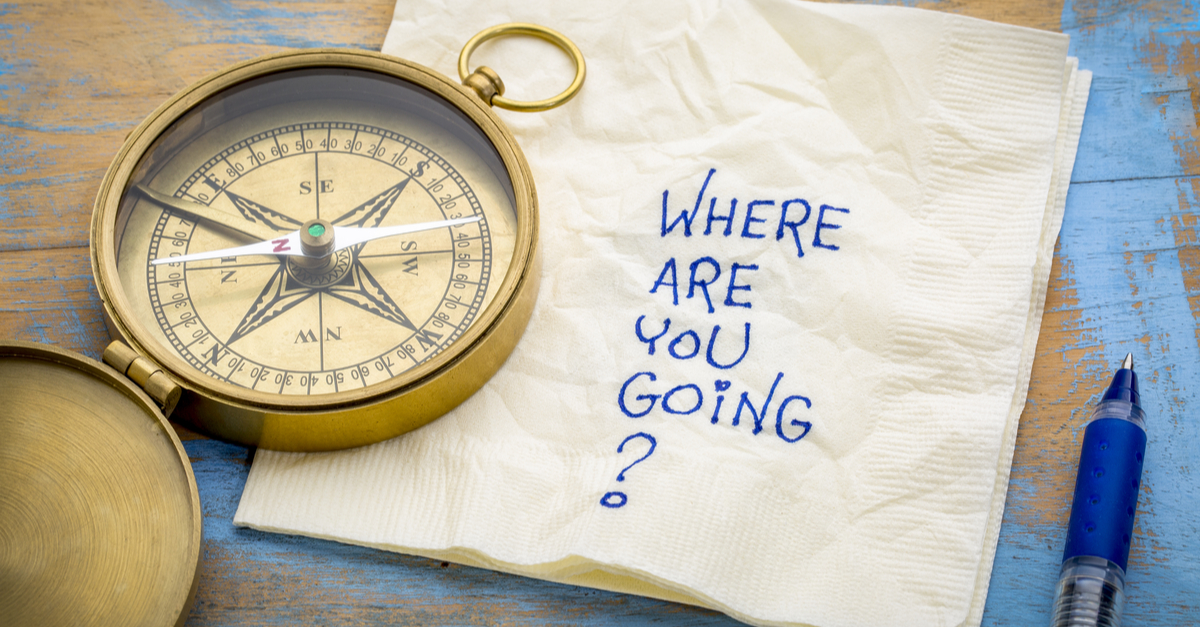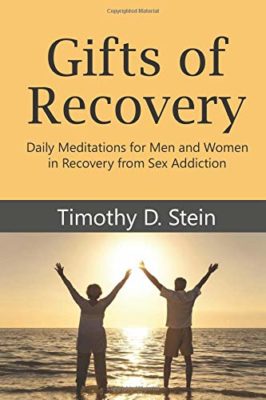 By Tim Stein
By Tim Stein
Meditation from Gifts of Recovery.
When a beginner knows what he needs, he proves more intelligent than an absent-minded sage.
–Lao Tzu
Getting sober is hard work. Finding the life balance that comes with recovery is hard work. And, maintaining our sobriety and recovery continues to be work. An alcoholic five years sober does not start hanging out at the bar without consequences. A recovering compulsive overeater does not stock the kitchen with chips and ice cream without consequences. Likewise, a sex addict who does not maintain awareness of their program is setting themselves up for difficulties. And, while maintaining sobriety may become easier with time, there is no such thing as recovery auto-pilot.
What did I need to create sobriety early in my recovery? Am I consciously aware of what I need now to maintain my sobriety and recovery? What gifts await me as I consciously maintain my recovery program even when sobriety becomes easier?
As a wounded healer, you are guiding your clients through the process of sobriety and recovery every day. You can spot denial a mile away. You are an expert at pattern recognition and, therefore, can help your clients learn about their addiction cycle. You have a plethora of recovery tools at your fingertips. You understand the difference between true recovery and the life of a dry drunk. In a very real sense of the word, you are a sage.
However, there is a difference between wisdom and application. One of the most effective couples therapists I have ever met had been divorced four times and was in the process of ending a fifth marriage. This therapist knew how to heal relationships but couldn’t apply that knowledge to their own life. As a sobriety and recovery sage, your clients benefit from your wisdom, but do you?
Being absent-minded means that you habitually forget or tend to be inattentive. All your sage knowledge and wisdom does you little good if you are inattentive to the events of your life and habitually forget to apply what you know. While it is true that your work in recovery gets easier with time, it does not become self-sustaining. This lesson was driven home for me when a member of my recovery community, who was also a wounded healer, relapsed after 20+ years of sobriety. As far as I know, they never regained solid, consistent sobriety again. This individual’s sage wisdom did not protect them from their addiction.
It is important to be habitually aware and attentive for successful recovery. What does this look like for you? Is it actively applying your sobriety and recovery knowledge to life, acknowledging if you are “centered” or if you are “off,” or consciously seeking moderation in all things? Is it clarifying that you are “in recovery” as opposed to “recovered,” reporting small addictive thoughts to your accountability partner, or increasing your program because you are entering a stressful time? Whatever being habitually aware and attentive involves for you, embrace it. When it comes to sobriety and recovery, you are a sage but your knowledge is only helpful to you when you stay aware and take action.

